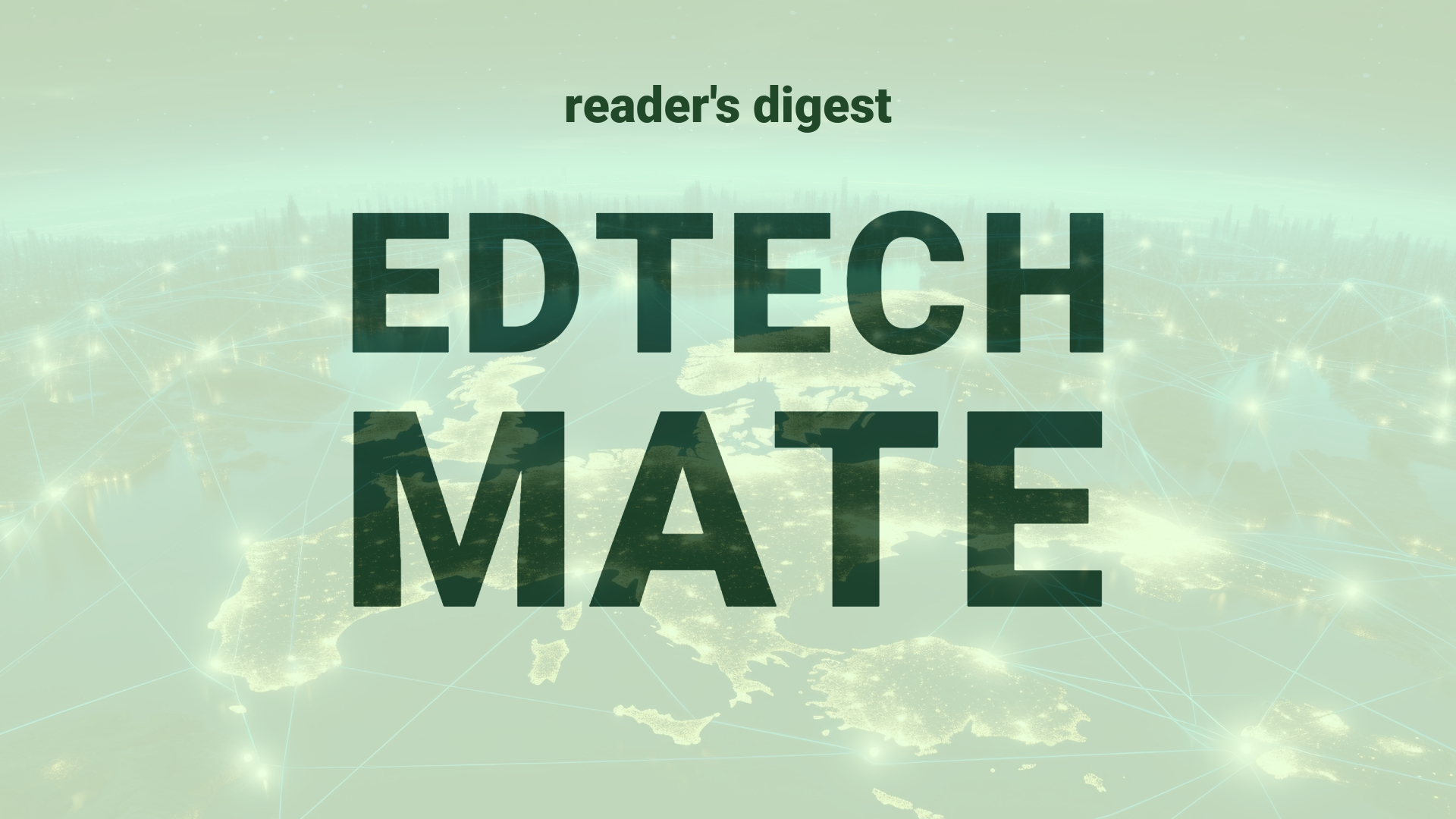Executive Summary and Main Points
The integration of Generative AI (gen AI) into the life sciences industry signifies a monumental shift, with potential applications extending to global higher education. McKinsey Global Institute’s assessment predicts an annual economic windfall of $60 billion to $110 billion for pharmaceutical and medtech companies, pinning substantial value on commercial roles. As the industry grapples with a highly competitive landscape, depreciating traditional sales frameworks, and increasingly complex market and pricing environments, gen AI’s capacity to customize production of texts, imagery, and videos could revolutionize marketing and sales strategies.
Potential Impact in the Education Sector
In Further Education and Higher Education realms, gen AI’s implications could be profound, enabling personalization of learning materials, marketing tools, and innovative approaches to stakeholder engagement. In the context of Micro-credentials, AI can streamline the creation of bespoke educational content, providing layers of customization that cater to niche skillsets demanded by the evolving labor market. Strategic partnerships, along with the emphasis on digitalization, mirror the transformations suggested for the life sciences sector, and promise a similar trajectory of change within the academia-industry intersection.
Potential Applicability in the Education Sector
Gen AI’s adaptability could see its penetration into a myriad of applications within global education systems. AI could serve as an adjunct for faculty, generating course materials and assisting in research activities. As witnessed in life sciences, chatbots and virtual assistants, fueled by gen AI, could facilitate student services, automate administrative tasks, and sustain engagement with alumni. This technology’s inclusion could serve as a cornerstone for digital transformation, fostering a more personalized and responsive learning environment.
Criticism and Potential Shortfalls
Notwithstanding gen AI’s promise, the technology’s surge in the academic context is not without its drawbacks. Concerns range from ethical considerations, such as data privacy and consent in the automation of personal interactions, to the cultural nuances of global education systems that may be lost in AI-generated content. Real-world case studies, like the adoption of AI in diverse institutions, reveal discrepancies in resource availability and varying public attitudes towards data-driven technology in education.
Actionable Recommendations
For education leaders worldwide, the task is to prudently integrate gen AI technologies, coupling them with strategic objectives. Recommendations include initiating pilot projects to explore gen AI’s potential in curriculum development, student support services, and personalized learning plans. Collaborating with tech partners to glean industry-related insights and participating in knowledge exchanges will enhance the sector’s readiness for gen AI. It’s essential to forge policies that respect ethical standards while progressively embracing digital tools, thus harmonizing the balance between innovation and traditional educational values.
Source article: https://www.mckinsey.com/industries/life-sciences/our-insights/early-adoption-of-generative-ai-in-commercial-life-sciences

